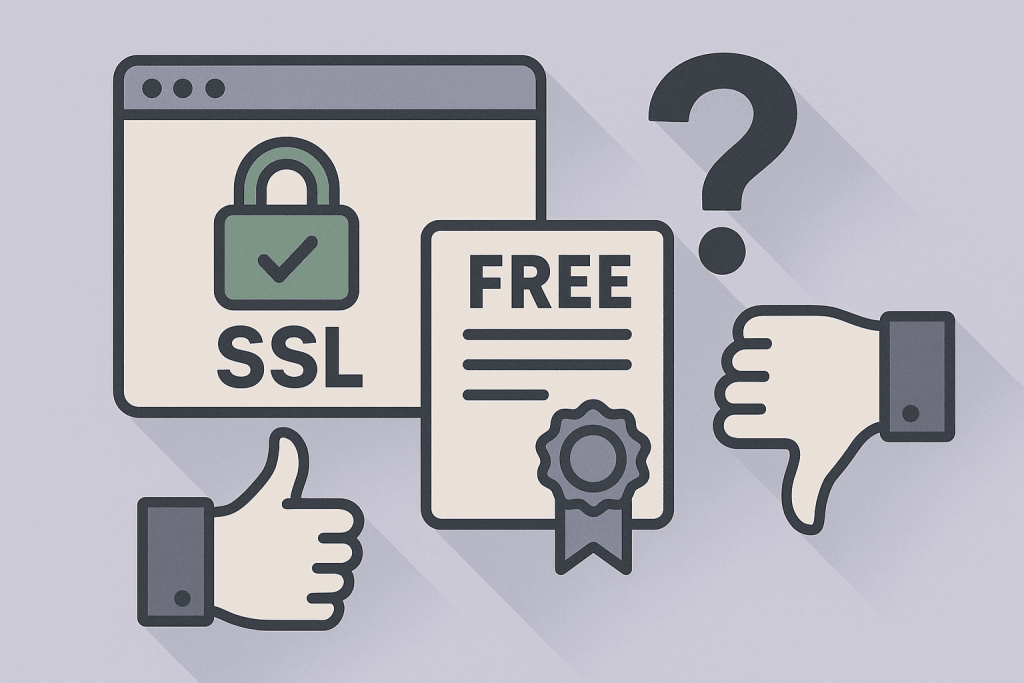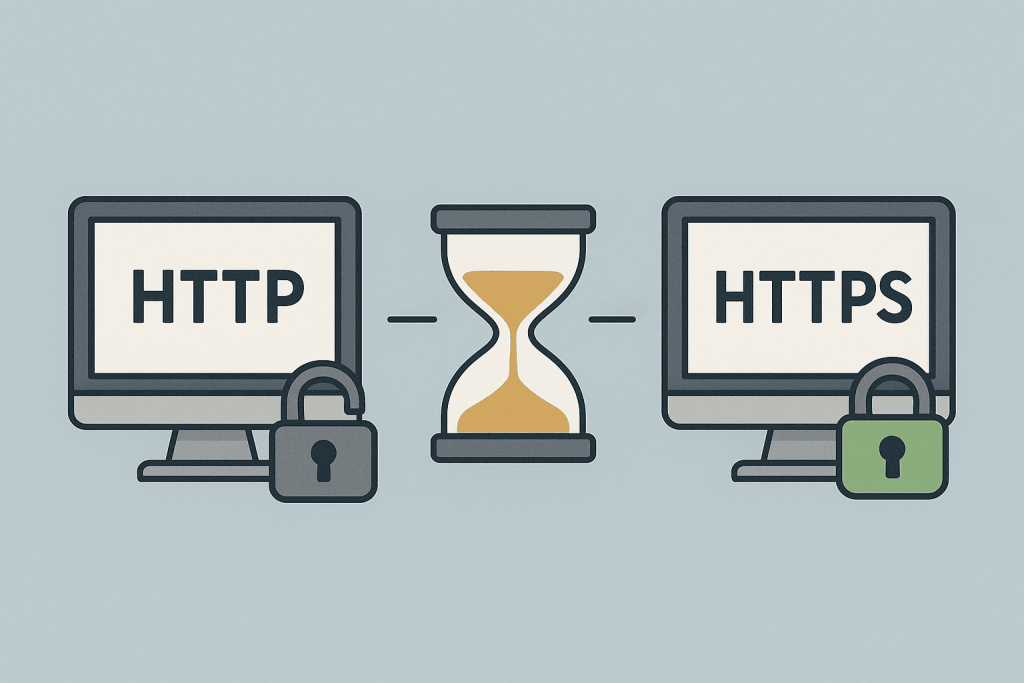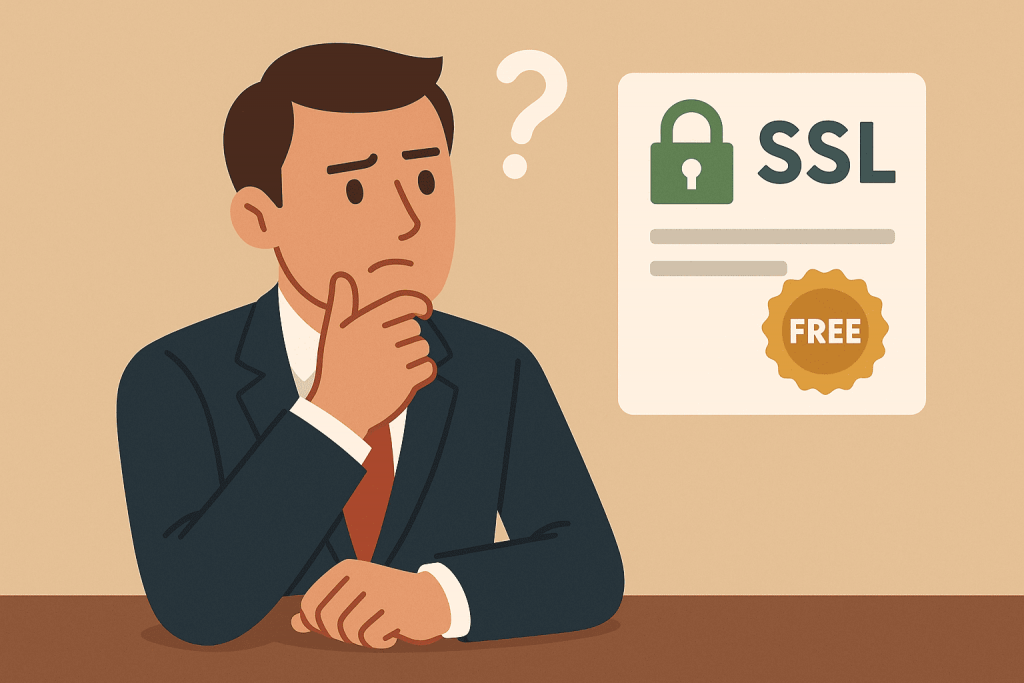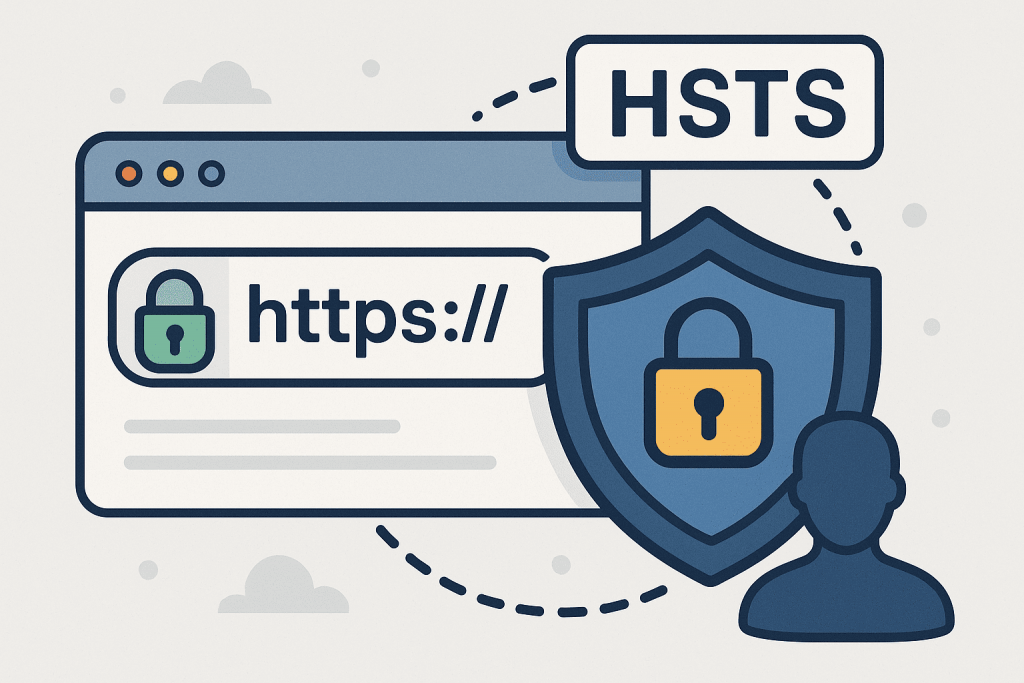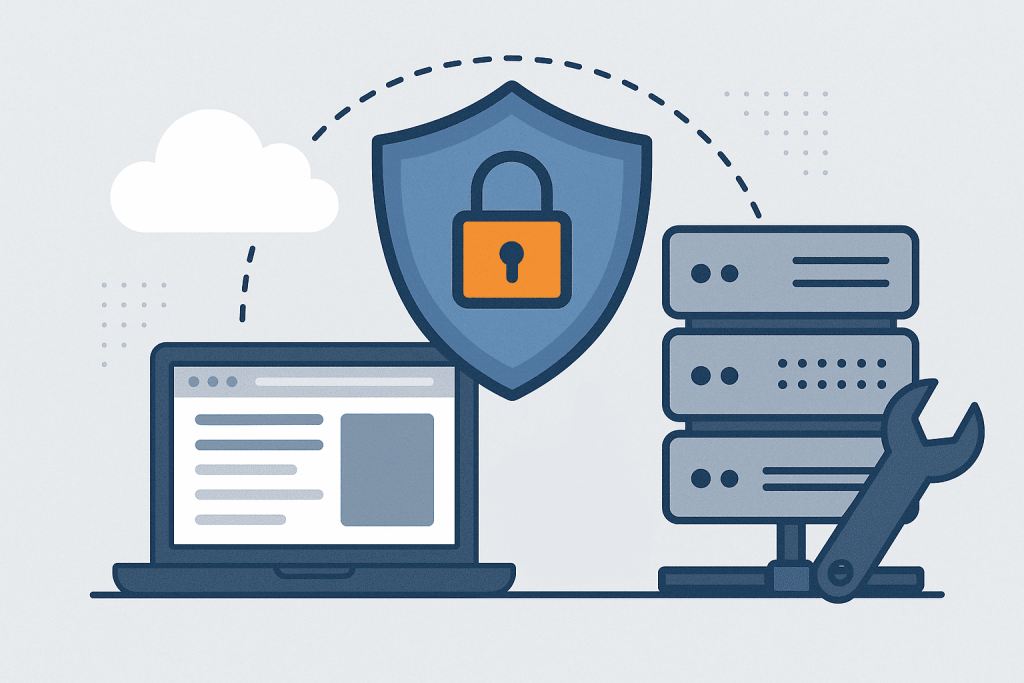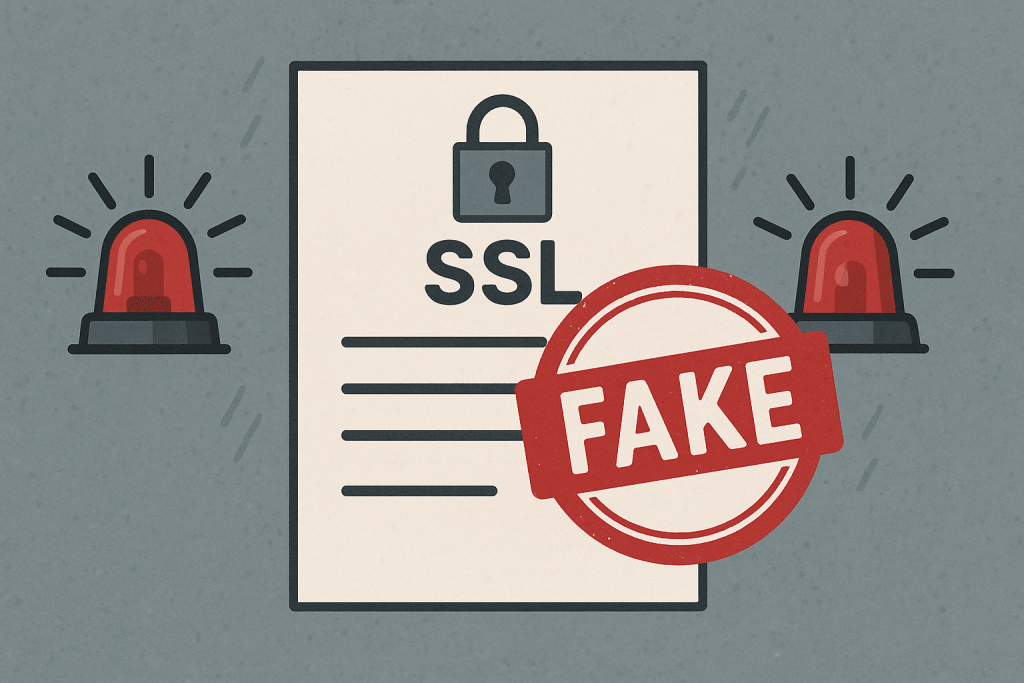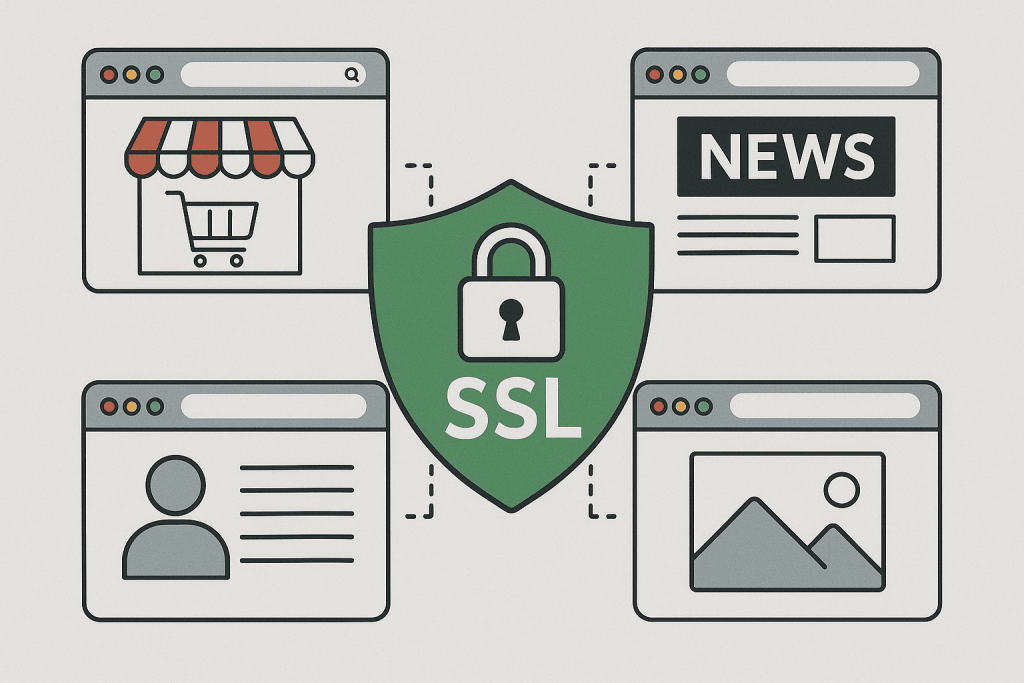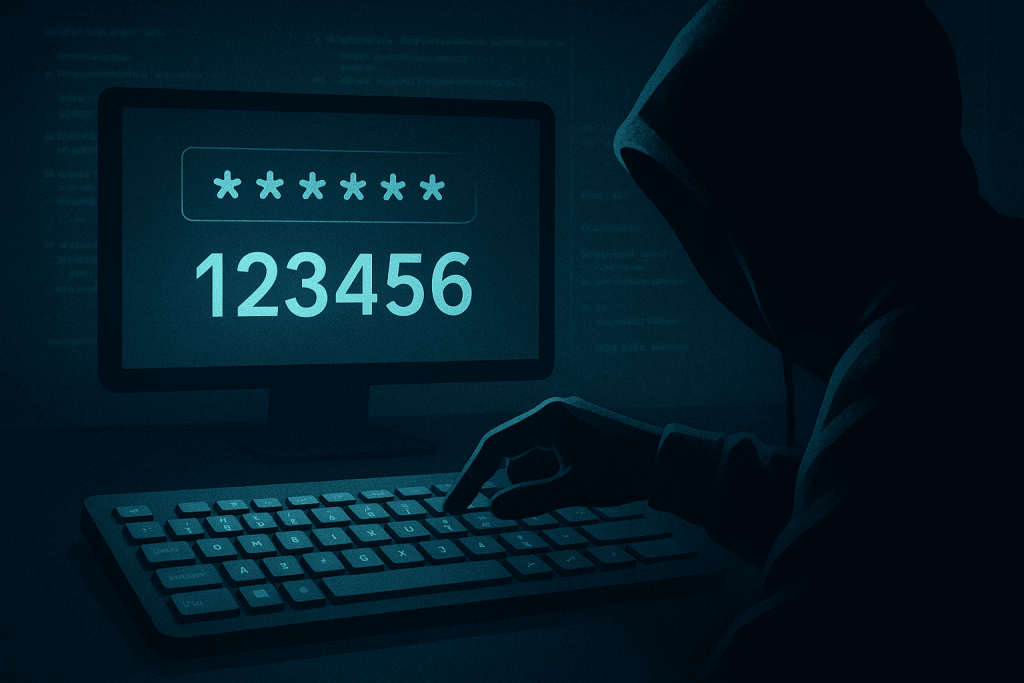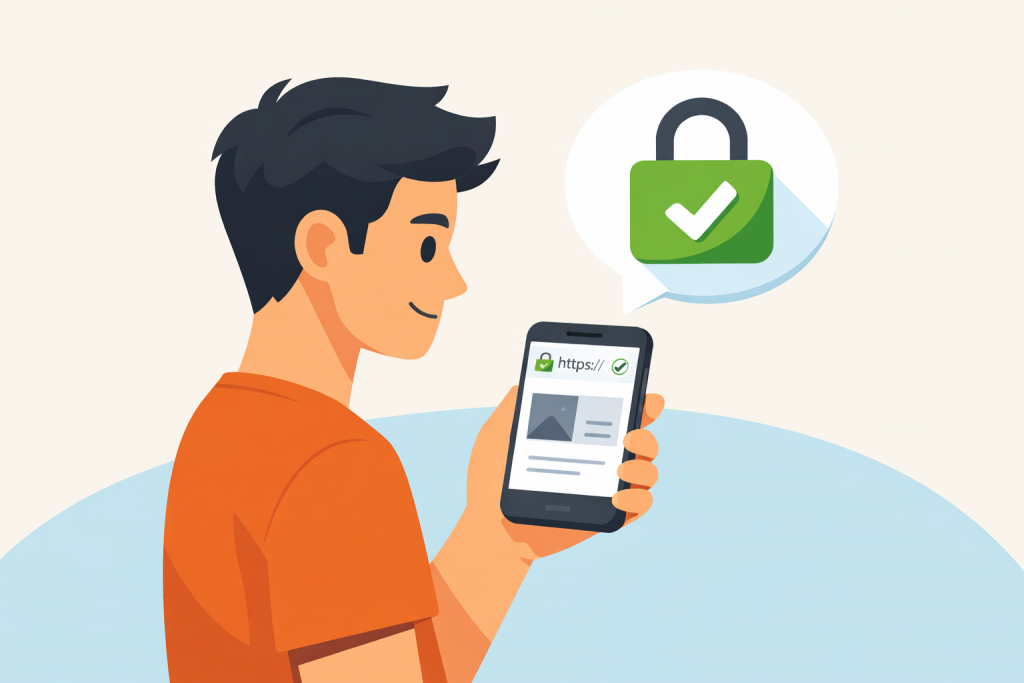
Mobile internet has become the main way millions of people access websites. A smartphone is always at hand: people read news, place orders, log into banking services and personal accounts from it. In this format of interaction, security stops being an abstract technical concept and directly influences user behavior. An SSL certificate in the mobile environment performs several important roles at once, which often go unnoticed but determine whether a person will trust a website and continue using it.

